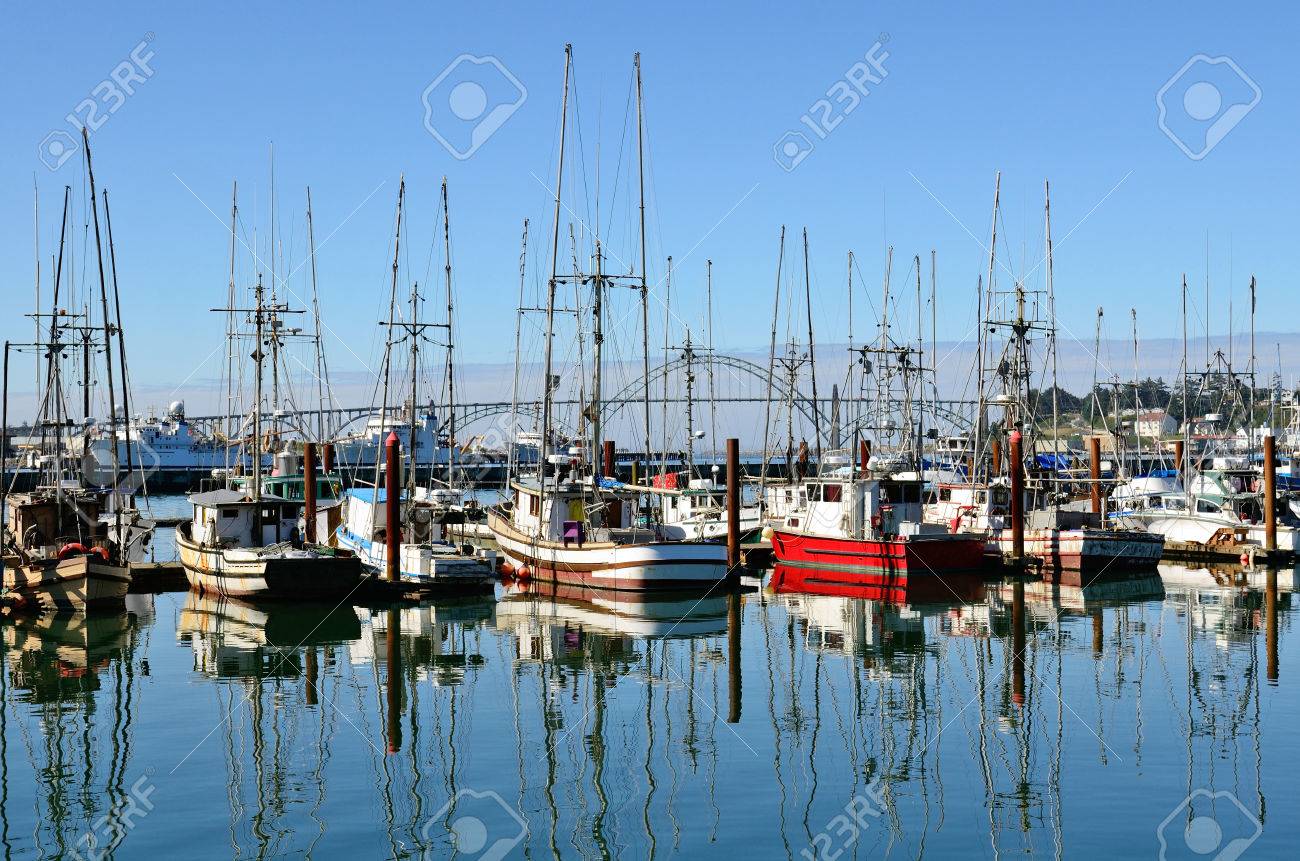NOAA Fisheries this week announced the release of two new reports: the Annual Report to Congress on the Status of U.S. Fisheries and the 2019 Fisheries of the United States Report. The agency says these reports “highlight the continued rebuilding and recovery of U.S. fisheries and the broad economic impact of commercial and recreational fisheries on the U.S. economy.”
Sustainable U.S. fisheries play an important role in the nation’s economy. They provide opportunities for commercial, recreational, and subsistence fishing, and sustainable seafood for consumers. This annual report provides a “snapshot” in time of the status of U.S. fisheries at the end of 2020.
NOAA Fisheries’ 2020 Status of Stocks shows continued progress in science and management for U.S. fisheries. Key takeaways include:
–More than 90 percent of stocks are not subject to overfishing and 80 percent not overfished.
— The number of stocks on the overfishing list and the overfished list increased slightly, with 26 stocks on the overfishing list and 49 stocks on the overfished list.
The status of six previously unknown stocks was determined through new first-time stock assessments.
No Columbia River basin fish are on the overfishing or overfished list. For the Pacific, listed as overfished are:
Chinook salmon – Sacramento River fall
Chinook salmon – Klamath River fall
Coho salmon – Queets
Coho salmon – Juan de Fuca
Pacific sardine – Northern subpopulation
Fisheries of the United States is a yearbook of fisheries statistics for the nation. It provides data on commercial landings and value and recreational catch. It also includes data on the fish processing industry, aquaculture production, imports and exports, and per capita seafood consumption. Although dollar values are included, this report does not focus on economic analysis. According to the report, U.S. commercial fishermen landed 9.3 billion pounds of seafood valued at $5.5 billion in 2019.
“The continued, steady high landings and values of U.S. fisheries we’ve seen over the last five years points to the collective progress that our agency, the eight regional fishery management councils, and our stakeholders are making as we work to ensure the sustainability and economic stability of our nation’s fisheries,” said NOAA Fisheries.
Key takeaways include:
— U.S. commercial fishermen landed 9.3 billion pounds valued at $5.5 billion in 2019
— Strong landings of 3.4 billion pounds for the nation’s largest commercial fishery, walleye pollock, valued at $387.6 million
— Dutch Harbor, Alaska, and New Bedford, Massachusetts, continue to dominate the list of top ports driven by landings of pollock for Alaska and value of sea scallops in Massachusetts
— U.S. marine aquaculture production value was estimated at $430 million; oysters, clams, and salmon generated the highest values
— U.S. recreational anglers took over 187 million trips in 2019

